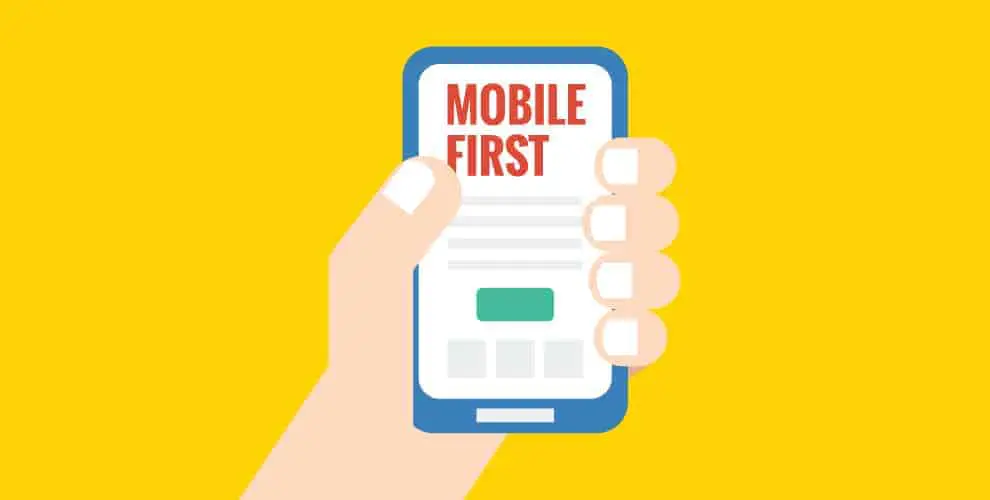
Google’s Mobile-first Indexing begins to roll out
Last Week, Google announced that it’s ‘mobile-first’ indexing of the web is now starting to roll out after many conversations, experiments and tests that have lasted just under two years. Back in 2016, Google first detailed it’s plan to change the way it’s search engine operates, explaining how it’s algorithms would eventually be shifted to use the mobile version of a website’s content to index it’s pages, as well as to understand it’s structured data and to show extra snippets of information from websites and display in the result’s page.
In December of 2017, Google had begun to transition a small handful of websites to it’s mobile-first indexing, but declined to comment on which properties had been moved.
Mobile first indexing means Google will prioritise the mobile version of a website ‘for indexing and ranking’ to better help ‘primarily mobile’ users find what they’re looking for.
Google wrote a blog post regarding this change on their Webmaster Central Blog featuring official news on crawling and indexing sites for the Google index.
By ‘primarily mobile’, Google is referring to the fact that most people who use Google search today now do so from mobile devices whether they be phones or tablets since 2015.
Google also explains that it will have one index for search results, not a mobile-first index that is separate from it’s main index.
For a long time, Mobile friendliness has been a big factor in determining how a website is ranked but it’s not the only factor. A prime example of this is that there are times where a non-mobile friendly page still has the best information and will rank higher.
However, Google has begun to prioritise mobile sites in several ways. For example, it began to boost the rank of mobile-friendly webpages on mobile search results back in 2015 and have more recently said it was adding a signal that uses page speed to help determine a page’s mobile search ranking. Starting in July, websites and webpages with slow-loading content will be downranked.
While Google today has claimed that the mobile friendly indexing won’t impact how content is ranked, it does note that having a site’s mobile friendly content indexed in this new fashion will likely help the site perform better in mobile search results.
Google isn’t shifting every website over to this new change today, as it’s a gradual algorithm that will eventually affect all but will initiate in waves of websites being affected at a time.
Those sites that have been shifted will be notified from within Google Search Console. You will also start to see increased visits from the smartphone Googlebot. After the shift, Google will show the mobile version of the site’s pages in it’s search results and in Google’s cached pages.
Google tells the webmasters of every website that is not yet mobile-optimised to not panic just yet. “if you only have desktop content, you will continue to be represented in our index” assures the Google announcement.
Google did not specify when the rollout of the mobile-first indexing / algorithm will be fully complete.
Are you worried about your websites search presence? Is your website not mobile friendly? Not sure where to start? Speak to our SEO and Web Design Experts today, for a free no-obligation analysis and quotation.
Square Media is Northamptonshire’s premiere Web Design & Marketing Agency experienced in developing effective content and marketing strategies for forward-thinking companies in the local area. Our team of specialists consistently deliver outstanding results working in a variety of areas such as Search Engine Optimisation, Social Media Marketing Consultancy, Pay Per Click (PPC) and AdWords Management amongst a wide range of other services.

